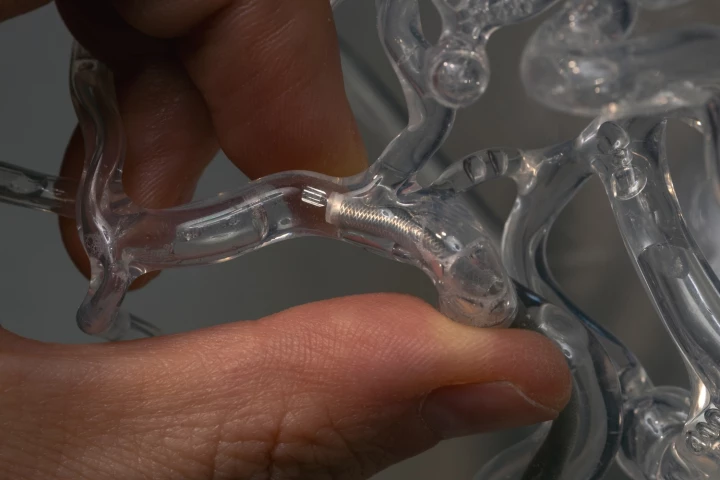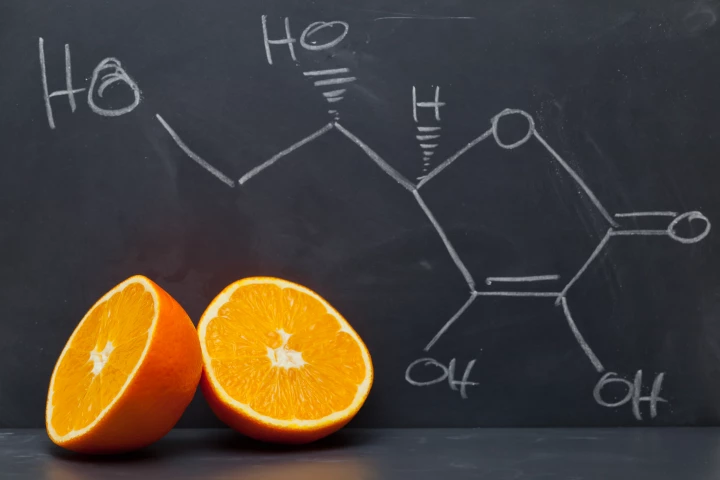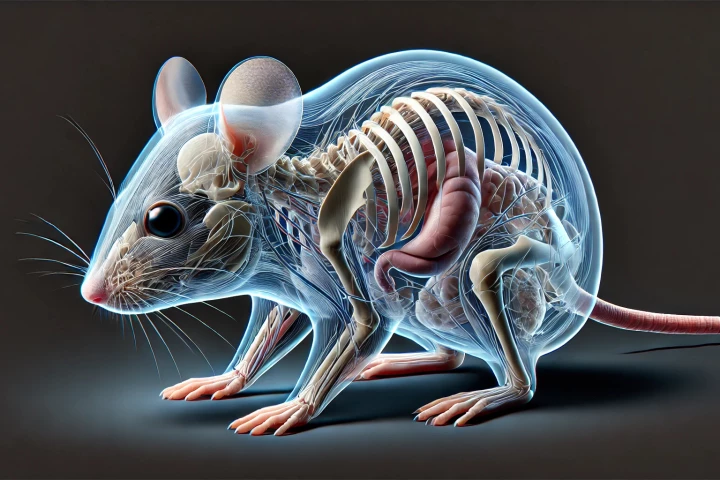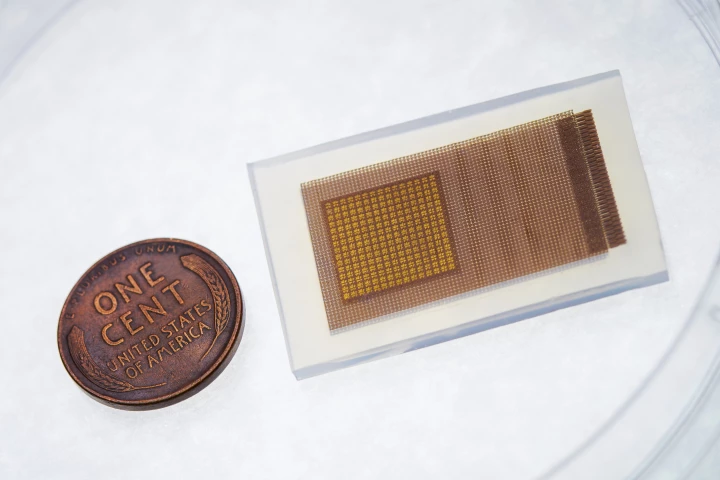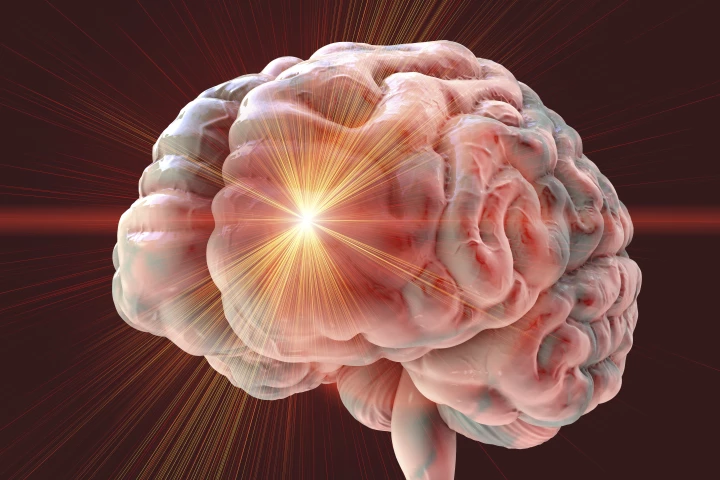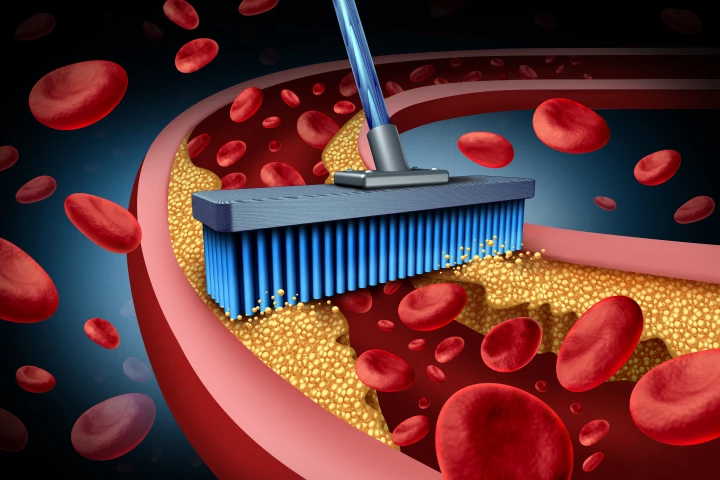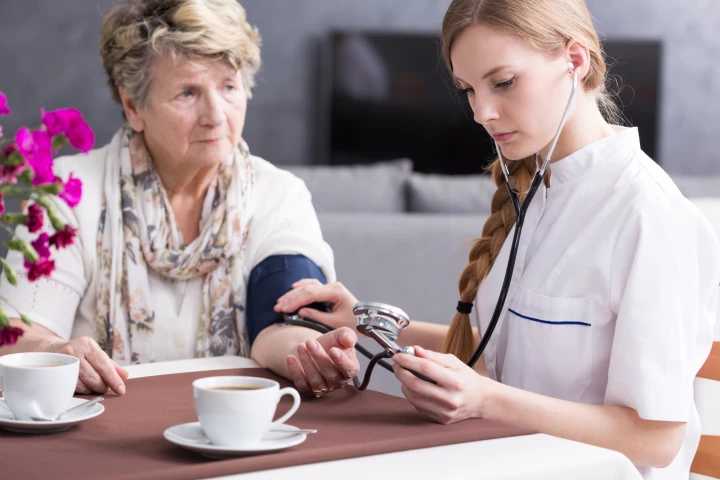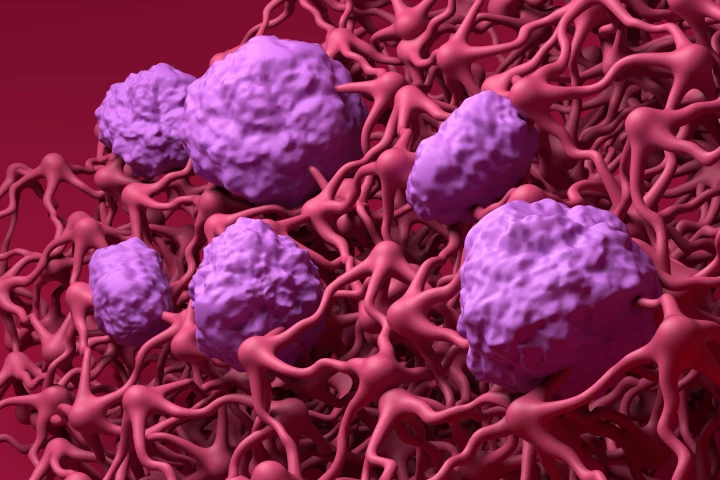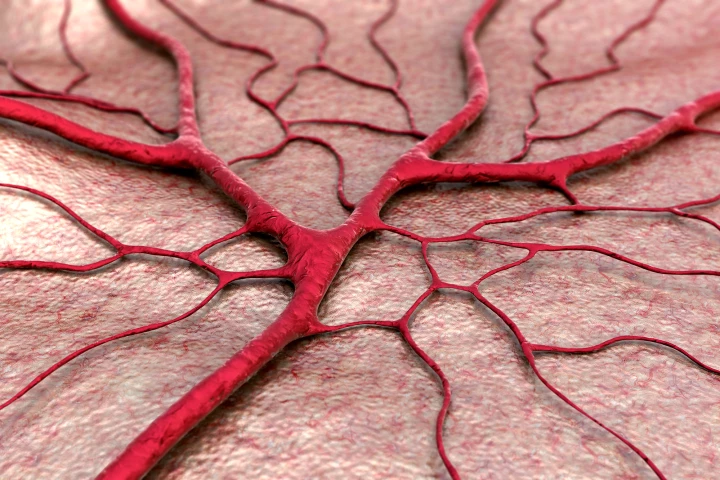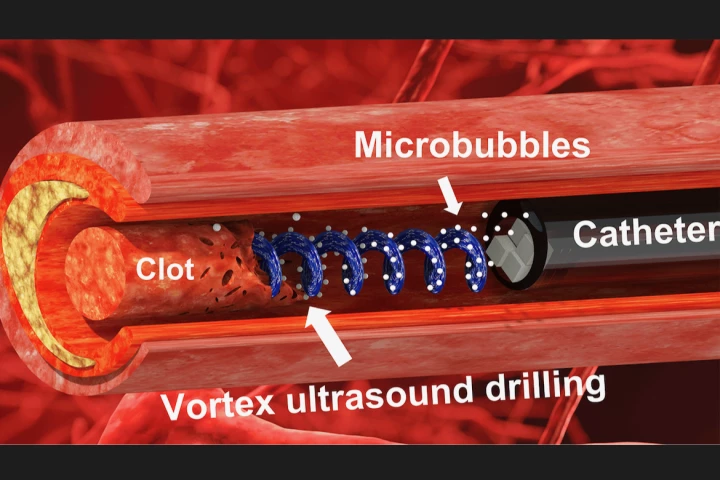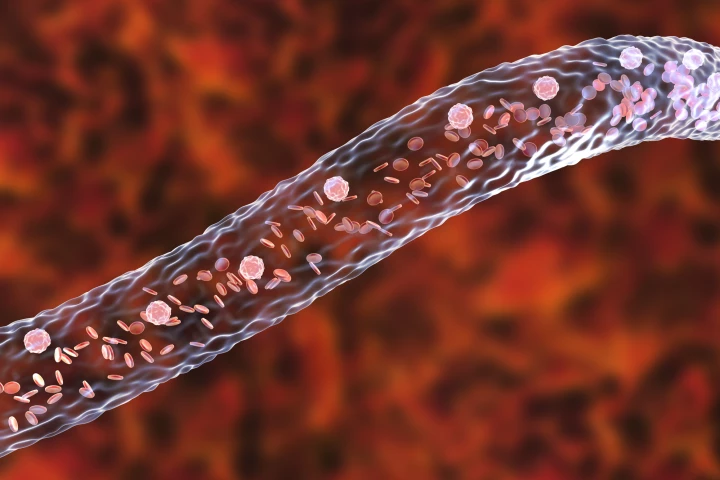blood vessel
-
When trying to remove life-threatening clots from blood vessels, current technologies are successful on only about half of the first attempts – if at all. A new surgical tool, however, is claimed to boost that figure to an astounding 90%.
-
A condition that killed millions of sailors between the 16th and 18th centuries has made a modern-day resurgence in parts of the world you'd least expect to see it. While it's easily treated, it can still prove fatal if ignored or wrongly diagnosed.
-
In an effort to enhance the research abilities of biologists, Stanford University researchers have discovered that applying a popular food coloring to the skin of mice allowed them to see through to the rodents' internal organs and other structures.
-
A wearable ultrasound patch could soon be saving lives, by monitoring the blood flow in hospital patients' brains. The device is only about the size of a postage stamp plus it works continuously, unlike traditional methods.
-
Even brief periods of anger caused by triggering memories can negatively impact our blood vessels' ability to relax. That's the finding of a new study that could have implications on how we look at heart attack and stroke risk.
-
In a significant development for brain health, scientists have found that hemorrhages can occur due to a faulty interaction between aged red blood cells and narrow capillaries. Injured or damaged blood vessels were thought to be the sole culprit.
-
While statin drugs are good at controlling plaques in blood vessels, they can't eliminate them once they are established. But researchers may have just found a way to blast the circulatory system clean using a common nutrient found in many foods.
-
A new study has found that short blood pressure fluctuations – across a day or several days – increase the risk of dementia in older adults. The findings suggest that blood pressure variability could be an early marker of cognitive impairment.
-
The blood-brain barrier performs a vital function in keeping out toxins and pathogens, but it can become “leaky.” Now Stanford scientists have identified therapeutic molecules that could help patch it up, to potentially prevent neurological diseases.
-
Researchers have combined two different 3D-printing techniques to produce artificial blood-vessel prototypes. The process created tubes that can be covered in live cells while retaining the strength they need to function under pressure.
-
It goes without saying that if someone has a blood clot in their brain, that clot should be cleared as soon as possible. An experimental new transducer could help, as it uses swirling waves of ultrasound to break up blood clots much faster than existing methods.
-
Scientists are claiming an advance in regenerative medicine through the development of a novel material that mimics the structure of living blood vessels, which sees it grow with the body after transplantation.
Load More
